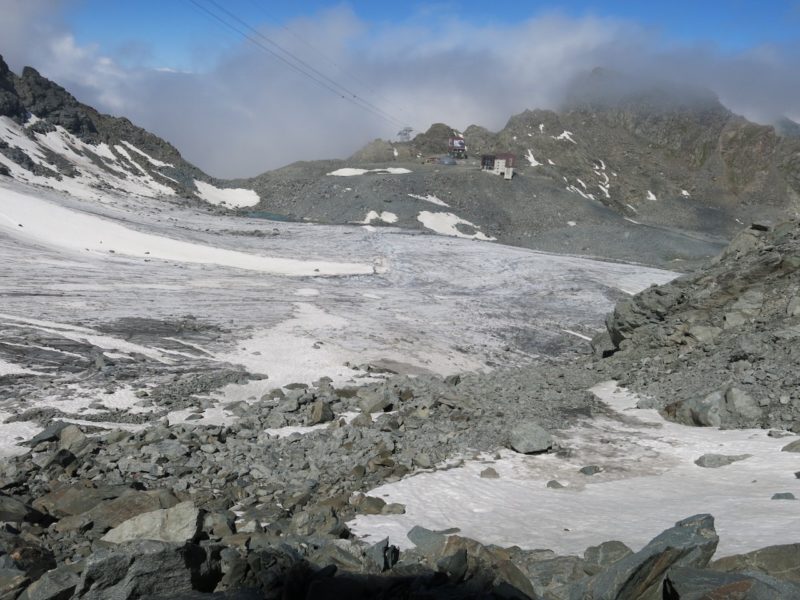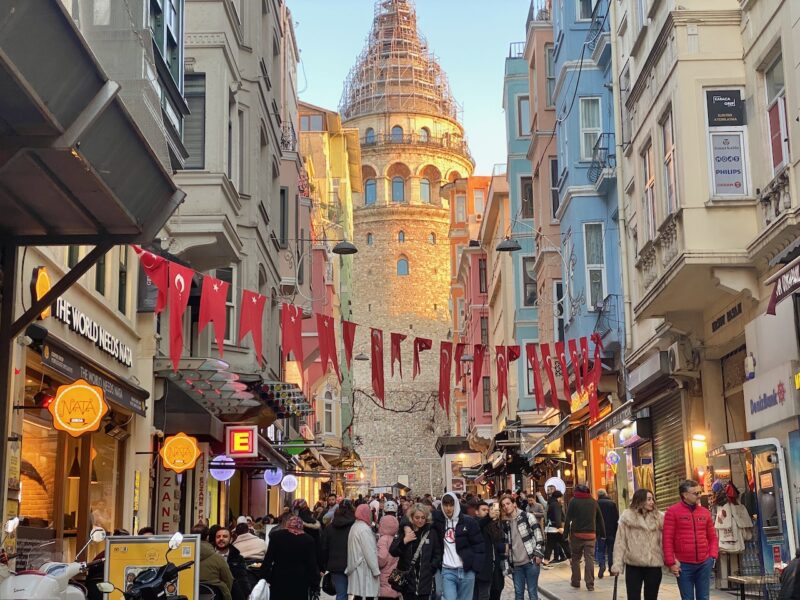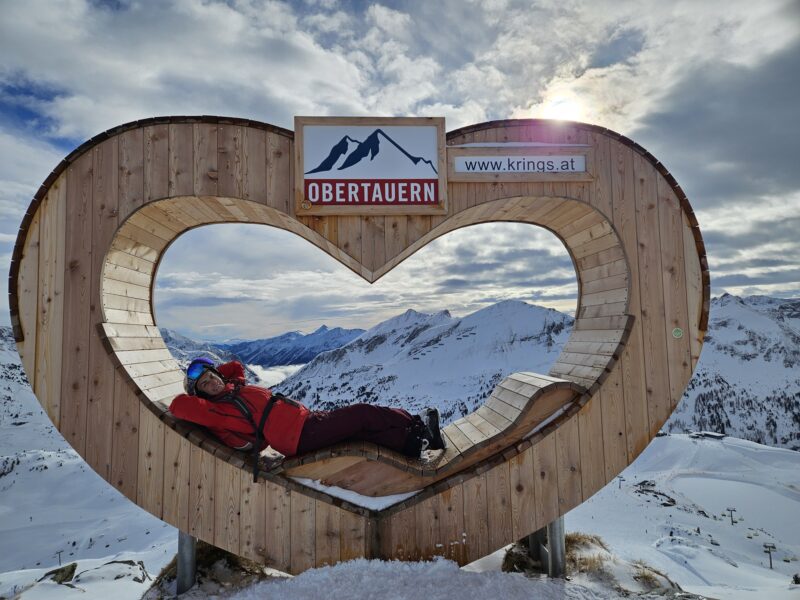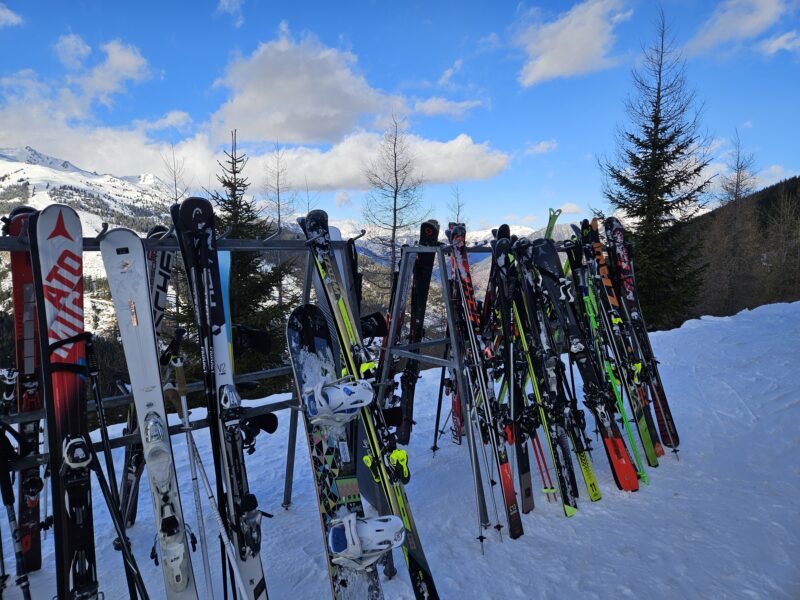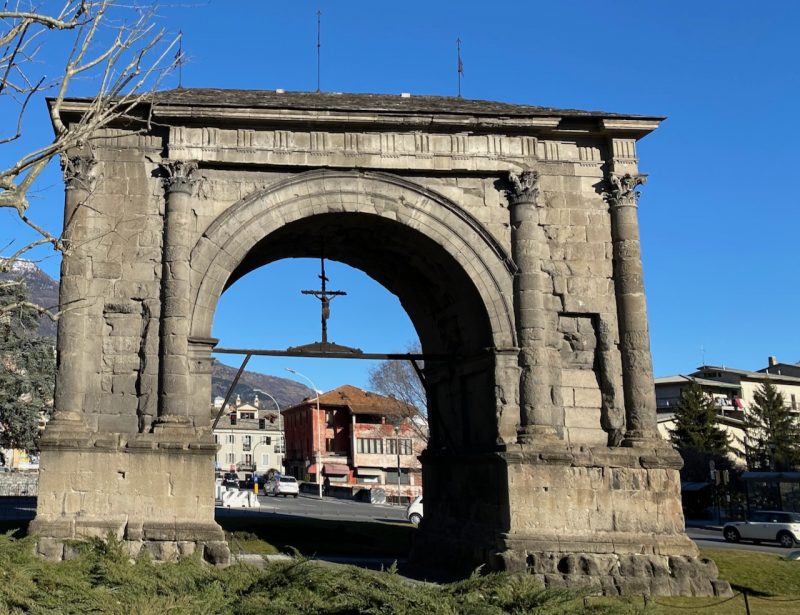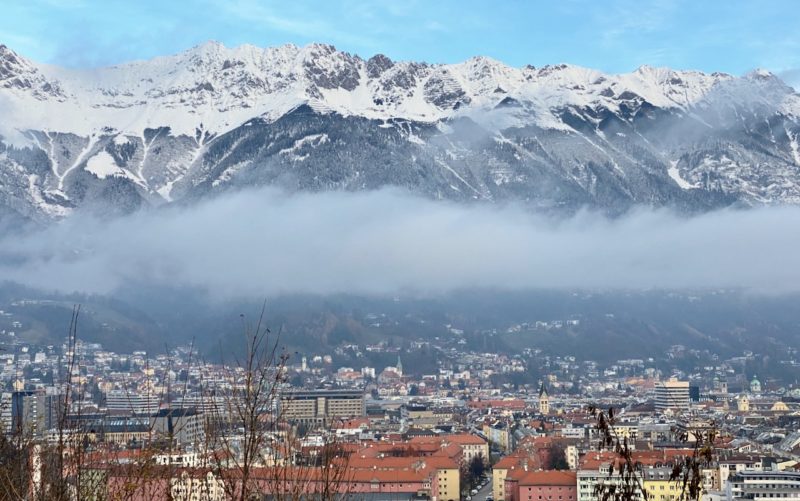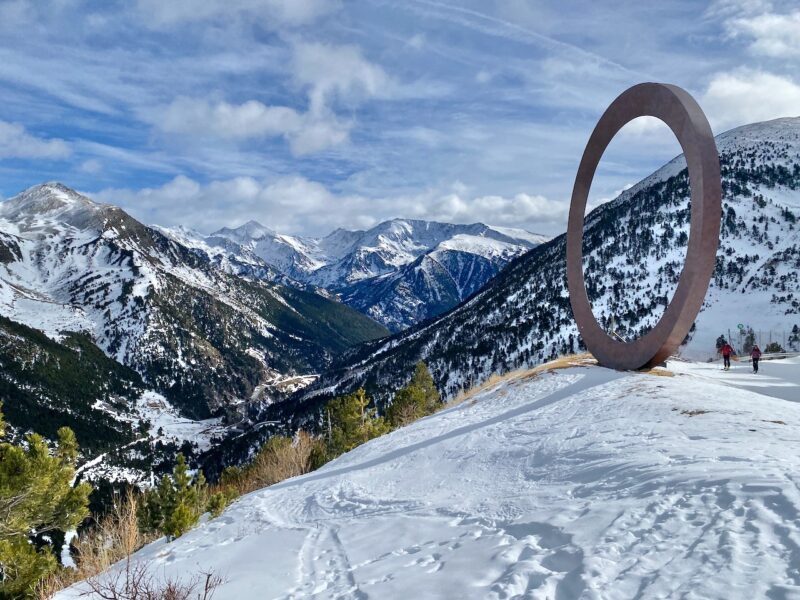Winter Tourism Rebounds in the Tirol in Austria After Troubled Times
17th June 2022
Last modified on June 21st, 2022
After Covid-19 the governor of the Austrian state proclaims ‘tourism is back’. The state is heavily reliant on the tourist industry and it faced a challenging winter in 2021/22. UPDATED
The majority of local businesses are starting the summer after a solid winter season.
The governor of the Tirol, Günther Platter, was speaking ahead of the recent Tirolean Tourism Forum.
“The tourism industry has been in an exceptional situation over the past two years due to the global pandemic,” he said.
“It was a difficult time for Tirol in particular, as the industry is a key economic and prosperity engine for the state.
“It is all the more gratifying that, based on the current balance sheet, we can now say: Tyrolean tourism is back, the attraction is unbroken.
“A big thank you goes to the tourism professionals who, despite the challenges, made this result possible with great commitment.”

Kappl, Tirol. Image © PlanetSKI
The industry was worth €2.6 billion last winter and it reached around 80% of the level before the coronavirus pandemic.
Lockdowns slowed down tourism at the beginning of the last winter season and travel restrictions caused many uncertainties.
However, the second half of the winter showed better results.
April 2022, saw 2.5 million overnight stays, which was only 0.8% below the level of April 2019 before the pandemic.
From November 2021 to April 2022 Tirol Tourism recorded a total of 20.9 million overnight stays.
That’s down 24% compared to 2018/19.
There were 4.4 million arrivals – down 28.5%.
The length of stay increased and was 4.7 days on average for the winter season – the highest level since 2014.
In the winter of 2018/19 it was 4.4 days and in 2019/20 it was 4.6 days.
PlanetSKI was based in the Tirol for part of the second half of winter.

St Johann, Tirol, Austria. Image © PlanetSKI
“It was undoubtedly a very challenging winter for the Tirol and indeed the whole of Austria as the country had stricter Covid rules than some other alpine nations,” said the PlanetSKI editor, James Cove.
“There were undoubtedly many less British who seemed to prefer France and Switzerland, but there was a good contribution from Holland and Belgium, and of course neighbouring Germany.”
The UK is the fifth largest market in the winter in the Tirol.
“For Tirol, the British travellers are essential,” said Elena Protopopow from the Tirol Tourist Board.
“It is the most demanded region for British holiday makers in winter in the Alps.
The last years were not easy for any of us and that is why we are looking forward to this year’s winter with optimism.”

Elena Protopopow, Tirol Tourist Board. Image © PlanetSKI
Germany was once again essential for the Tirol with 10.8 million overnight stays.
Every second overnight stay in Tirol came from a German guest.
Together with the Netherlands and Austria, guests from these three markets accounted for three quarters of all overnight stays in the past winter season.
“It shows that the focus on the local markets is the right thing to do with our marketing activities,” said the managing director of Tirol Werbung, Karin Seiler.
A survey claims that two thirds of the businesses surveyed are satisfied with the economic success of the past winter, and 16% are very satisfied.
The Tirol is now concentrating on the summer market and planning for next winter.

Summer in the Tirol. Image © PlanetSKI
The Tirol is taking sustainability very seriously with so-called sustainability managers in tourism regions.
There is to be an annual sustainability report which documents the regional development and ultimately also guarantees the comprehensive measurement of success.
“The environment needs it, people want it, Tirol can do it: sustainable, future-oriented and high-quality tourism,” is the declared goal.

Ski Welt, Tirol, Austria. Image © PlanetSKI

